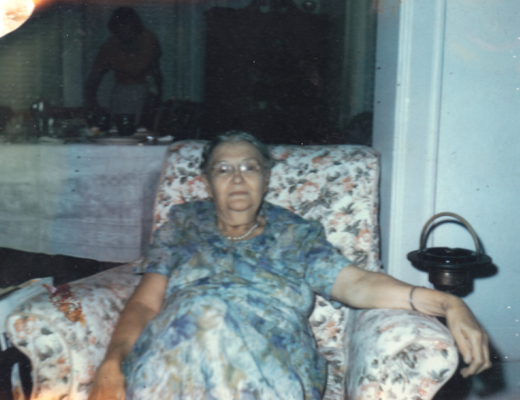“I’ve read in my earlier years about prisoners in the Revolutionary and other wars. It sounded noble and heroic to be a prisoner of war, and accounts of their adventures were quite romantic…. It’s a fraud.” -John Ransom, Andersonville Prison, June 1864.
Andersonville
“How dare we complain about our little problems,” a man commented after a recent screening of the documentary Echoes of Captivity at the National Prisoner of War Museum in Andersonville, Georgia. The Andersonville National Historic Site commemorates and preserves the infamous civil war POW Camp once known as Camp Sumter. It is located in rural Sumter County Georgia, sixty miles southwest of Macon and and about the same distance east of Columbus, well removed from any Interstate highway. It is worth the visit. The prisoner of war experience is far removed from everyday life, and yet deeply personal to many people, our family included.
Santiago Guevara
Our Filipino grandfather Santiago lived a long and full life. He and our grandmother Carmen lived nearby, and we spent a good deal of time with them as we grew up. Santiago was a career U.S. Army officer, and though he never talked about it, we knew that he was a Japanese prisoner of war in the Philippines during World War II. Among the thousands interned with him were two brothers-in-law, our great uncles Pat and Miguel Fernandez, and our grandmother’s nephew José Rodriguez. Their POW ordeal began April 9, 1942 with the horrors of the Bataan Death March, and during the March (on which Santiago was bayoneted in the back) and ensuing imprisonment at Camp O’Donnell, as many as half or more of the 50-60,000 Filipinos that surrendered to the Imperial Japanese Army died in captivity. Against the odds, all four of our relatives survived the ordeal, though it affected each one in different ways for the rest of their lives.
William Morris Grayson
“The only thing that got me back was that I never gave up hope. If you gave up hope on Bataan you were as good as dead.” -William M. Grayson

Our American grandfather Leon was affectionate, generous, and always seemed light-hearted and happy. He and his wife Mary lived nearby as well, and they were a stark contrast to the stern, serious, and dignified Guevaras, who showed their love for us in less effusive ways. Leon’s parents died before the war, and he and his siblings were proud of their free-spirited baby brother Billy, a waist gunner on the B-17 bomber stationed at Clark Field in the Philippines. They received a letter from him in February 1942, but despite their significant political connections, they heard nothing more from him or Washington for more than sixteen months, until a telegram arrived on June 16, 1943: “Report just received from International Red Cross states that your brother Private William M Grayson is a prisoner of war of the Japanese government in the Philippine Islands.” The surviving Filipino POW’s were nearly all paroled after mere months of captivity. Billy and about 10,000 of his American counterparts also underwent the Death March, though the Americans that survived suffered years of imprisonment in the Philippines and – after Billy’s 90-day ordeal on a Japanese Hell Ship – on mainland Japan, enduring varying levels of neglect and abuse. Billy weighed 195 lbs. at the outset of his crucible, and 85 lbs. upon liberation in 1945. He spent the rest of his life alternately writing and speaking about his POW experiences and fighting the Veterans Administration for his ongoing illnesses which he attributed to contacting beri-beri as a prisoner of war.






No Comments